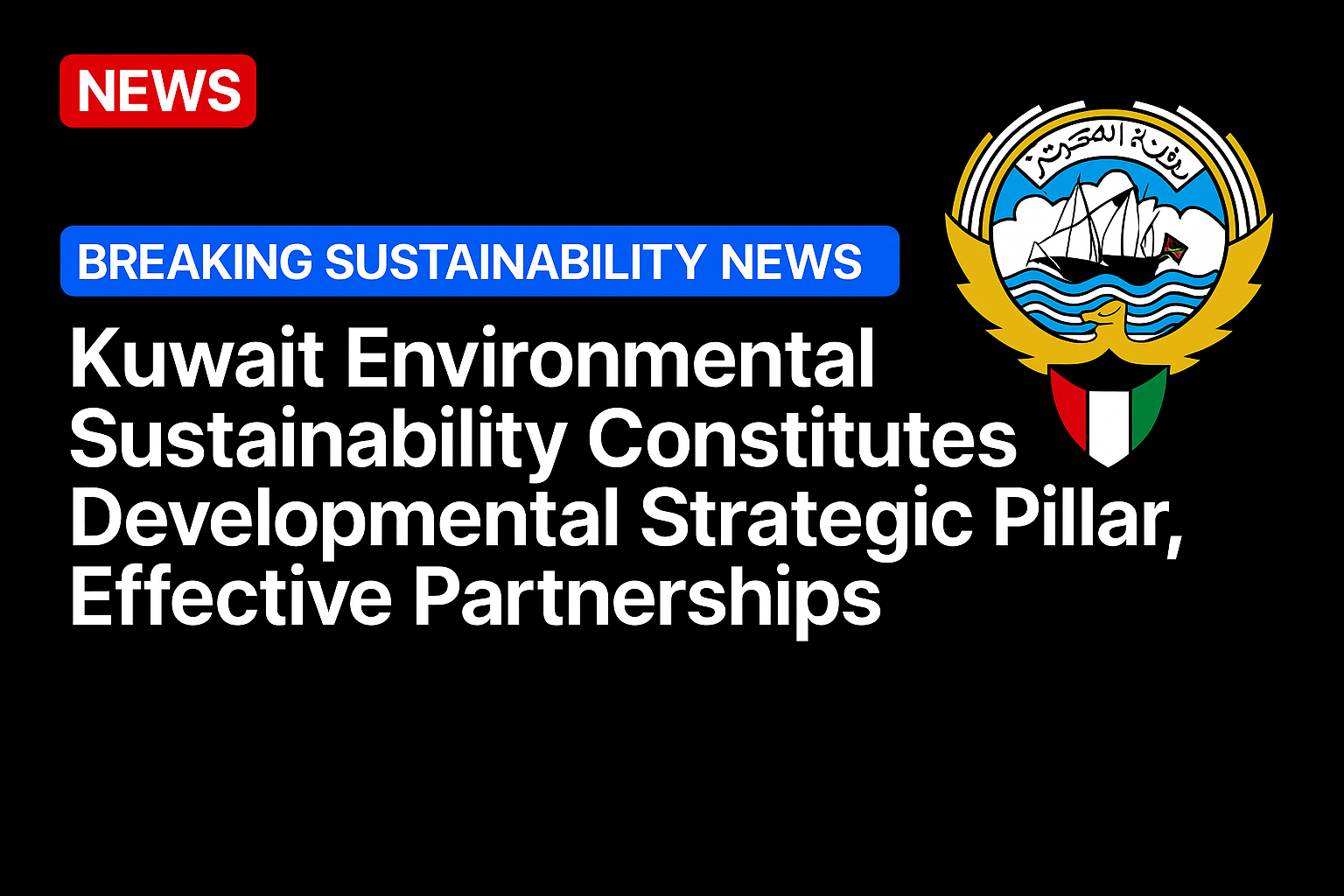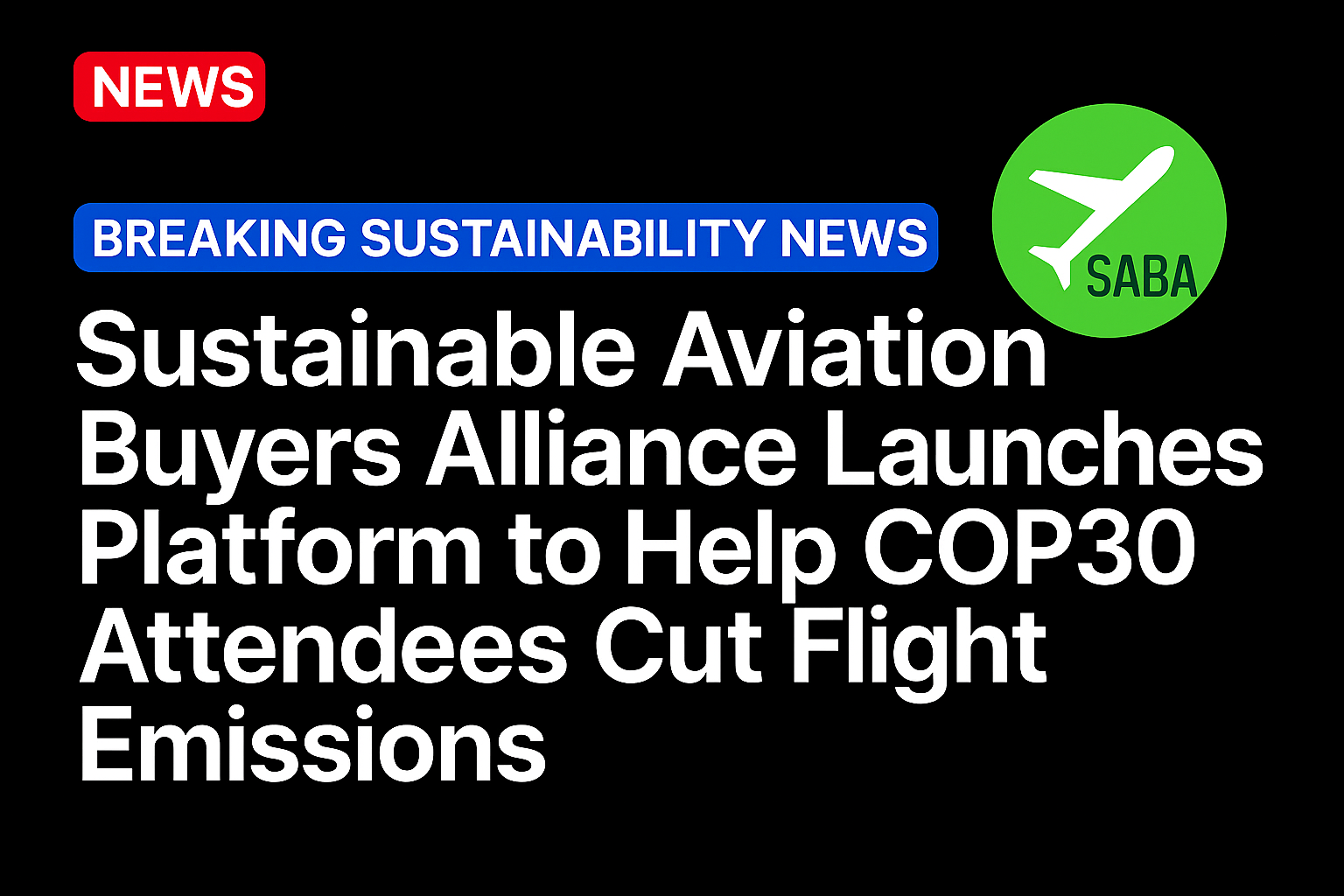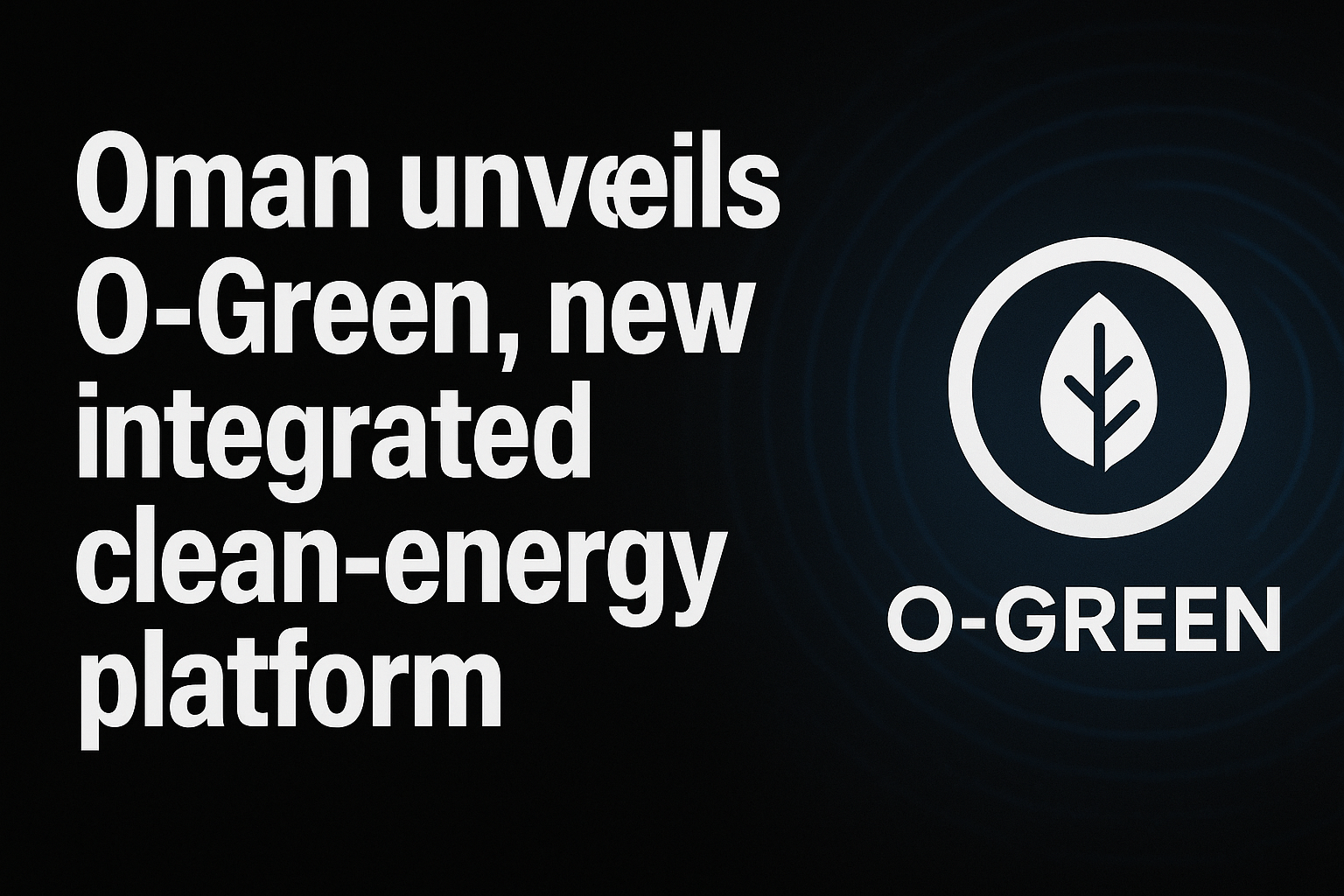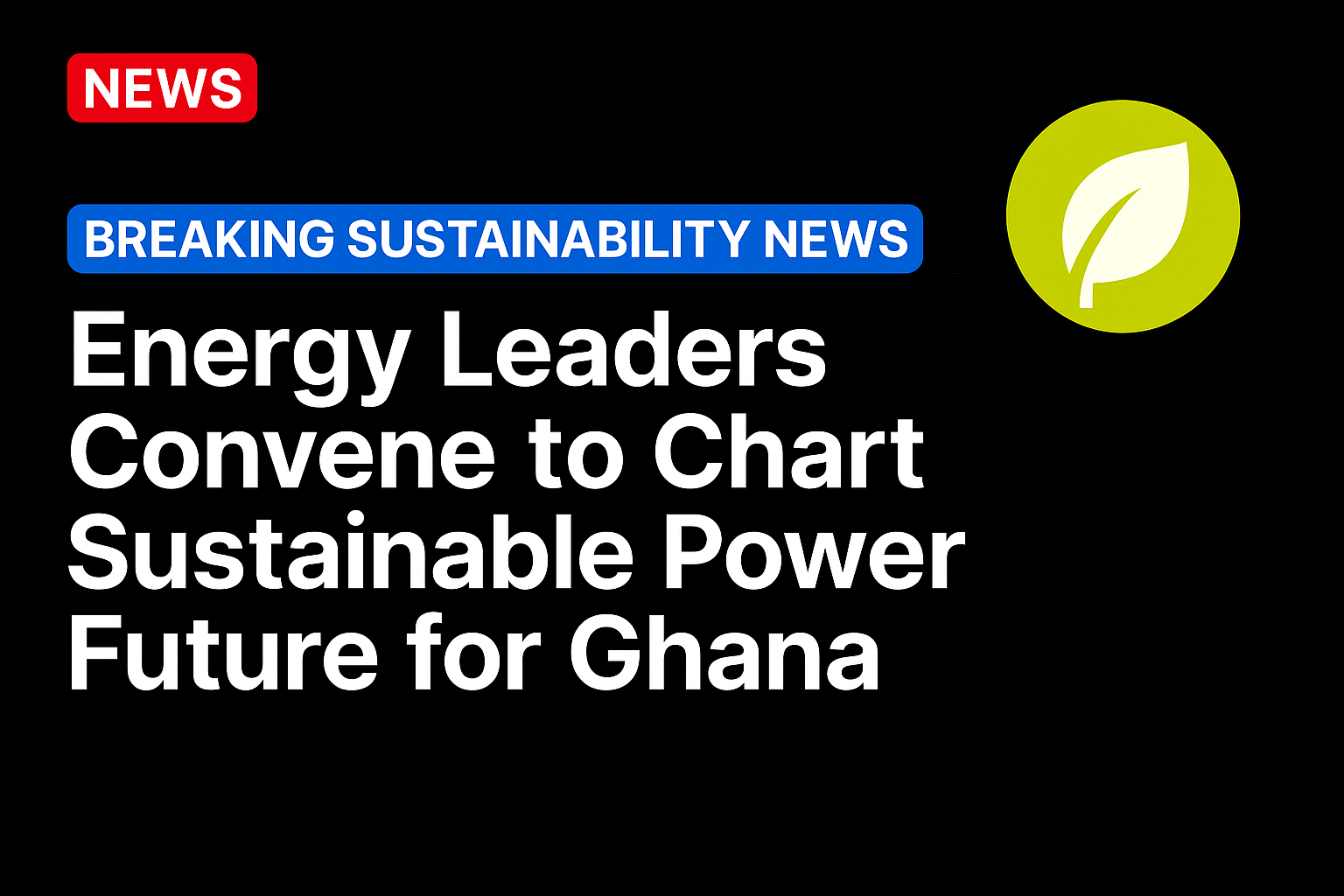Kuwait, August 05 (QNA) – Kuwait is one of the countries that is giving top priorities to environmental file to become a pivotal and strategic pillar, as part of the country’s plans and future programs.
Over the last two years, Kuwait’s government has intensified its efforts to adopt strategies for environmental sustainability driven by the directives of His Highness the Amir Sheikh Meshal Al-Ahmad Al-Jaber Al-Sabah.
The Cabinet is playing a pivotal role in pushing ahead the visons of exploration related to environmental sustainability through closely following the long-term national roadmap for low-carbon development, as a top priority on the agenda of the Cabinet’s meetings over the last period.
In this context, Minister of Oil Tariq Al-Roumi and some officials of Environment Public Authority (EPA) presented last month a visual presentation on this roadmap, which aims at boosting flexibility to face climate change repercussions.
The roadmap contains means of achieving sustainable economic growth by using integrated innovative and technical solutions in circular carbon economy, along supportive initiatives for environmental innovation and green investment in different sectors.
Kuwait raised coordination level with China to push ahead activating memoranda of understanding (MoUs) related to the low-carbon green system for recycling waste, electrical system and developing renewable energy and environmental infrastructure of sewage treatment plants.
The deals are a main pillar of translating the country’s ambitious plans toward practical steps for a more sustainable future in harmony with a sustainable living environment as part of the Kuwait 2035 Vision, as a top priority to ensure the continuation and sustainability of Kuwait’s environment for generations.
In parallel with this, Kuwait’s 2050 low-carbon plan, launched by the EPA in November 2023 in collaboration with the UN Environment Programme and the State’s sectors, affirms its commitment to the UN Framework Convention on Climate Change (UNCCC). Kuwait is the second Gulf country that presented this strategy.
Kuwait is seeking carbon neutrality, net-zero carbon, by 2060 and the State is paying special attention to diversifying energy revenue by enhancing renewable energy, replacing fossil fuel with gas and benefiting from waste for environmental sustainability.
The first report of Kuwait’s state of environment, launched by the EPA last year, is a landmark and a turning point to study environmental conditions, along embodying fruitful cooperation among different governmental bodies to upgrade the State’s environmental conditions.
Prepared in collaboration with the UN, the report focuses on seven key issues: climate change, waste management, water resources, biodiversity, maritime and coals environment and others.
EPA’s efforts led to launching of four strategic projects concerned with preserving environment, boosting sustainable development in Kuwait, developing control and carrying out the national strategy of full waste management as well as developing the national strategy to combat desertification.
These projects support Kuwait’s efforts to enhance partnerships between the public and private sectors, raise strategic performance efficiency on environment preservation, and improve national performance indicators in waste management.
Planning for sustainable urban development, Kuwait’s Fourth Structural Plan, also known as the 2040 Master Plan, supports green buildings for a better healthy life for residents.
Concerning legislations, the environment preservation act includes some policies and measures aiming at protecting natural resources and environmental systems through procedures to ensure air pollution prevention or reduce it in order to improve living conditions and guarantee biodiversity.
The law also involves some articles that require specifying and separating fixed pollution sources, and preventing harmful and destructive behaviors, in addition to punishments and violations to those who try to contaminate and harm environment.
Additionally, Kuwait reiterated, during the recent Sustainable Energy Conference, commitment to giving a top priority to achieve balanced energy mix aiming to get 50 percent renewable energy of its electrical power by 2050.
Delivering a keynote speech at the conference, Minster of Electricity, Water and Renewable Energy Sabeeh Al-Mukhaizeen affirmed adopting well-studied plans and ambitious projects to keep pace with the country’s international commitments and be in harmony with its aspirations for a prosperous and sustainable future.
Kuwait’s renewable energy projects are three paths: long-term like the Shagaya Renewable Energy Park, short-term, and smaller ones to be implemented by energy conservation codes that force all facilities to produce 10 percent renewable energy out of its total electrical power.
The Shagaya project is being carried out by a partnership between the public and private sectors over two phases: the first one is to produce 1100 MW and 500 MW in the second.
The Public Authority of Agriculture Affairs and Fish Resources is proceeding with its plans for a green cover in the country and growing new plants, out of its responsibilities for caring, expanding and developing greening and agriculture.
Environmentally suitable tree planting campaigns in Kuwait launched by the authority to northern and southern borders are continuous, along increasing green areas at public parks and streets.
The authority endorsed plans for artificial barriers, and re-distributing agricultural areas to control dunes, desertification and reduce pollution through growing plants to bear water scarcity.
Kuwait’s public parks are a main pillar of a green environment; they are different in terms of their areas.
Kuwait permanently underlines its unwavering commitment to the Gulf, regional and international resolutions relating to environment, along paying attention to strategic and effective collaboration with international organizations concerned with tis field.
In this context, Sami Dimassi, UN Environment Programme’s representative and regional director for West Asia, said cooperating with Kuwait shows obligation to develop strategies and plans of action keeping pace with urgent needs and meeting future ambitions.
He pointed to progress made by the country in boosting environment action and achieving sustainable development.
Meanwhile, UN Representative of Secretary General and Resident Coordinator in Kuwait, Ghada Al-Taher, extolled the country’s active role in environmental sustainability and partaking in some initiatives combating pressing environmental issues like desertification, water scarcity and biodiversity loss.
Kuwait has ratified the UNCCC in 1995 and the Kyoto Protocol in 2005, and it is effectively partaking in global climate summits on these deals.
Partaking in the Middle East Green Initiative Summit 2022 in Sharm El Sheikh, Egypt, Kuwait announced its full commitments to the results of this initiative as a key turning point pf the region in climate action and a base of regional collaboration to combat the consequences of climate change. (QNA)
Source: https://qna.org.qa/




